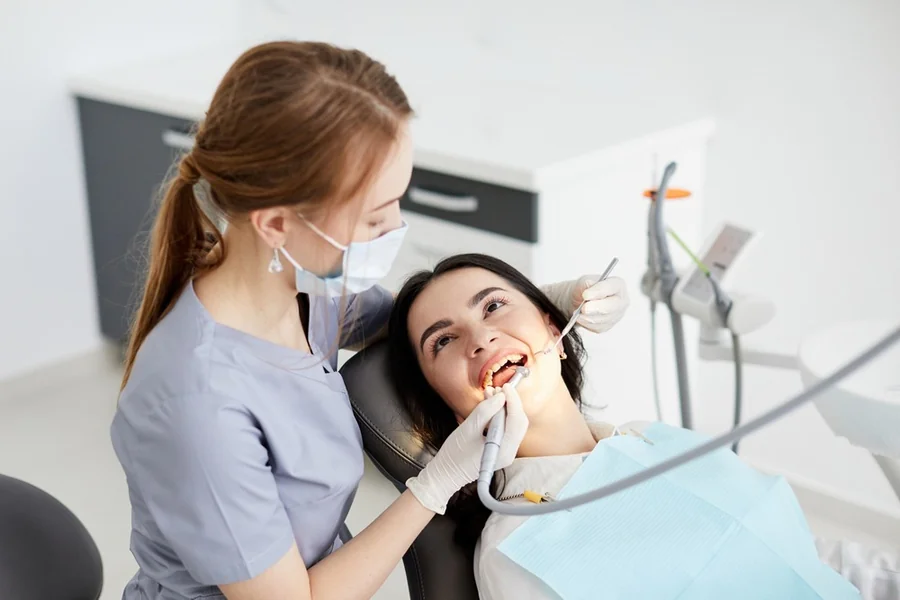Headaches and jaw pain can disrupt your life. They might seem like separate issues, but they often share a common cause: dental problems. General dentistry plays a key role in preventing these issues. You might not realize it, but your teeth, jaw, and head are closely connected. When your teeth aren’t aligned, or you grind them, it puts pressure on your jaw muscles. This leads to frequent headaches and jaw pain. Regular check-ups with your dentist help spot these problems early. Your dentist can provide solutions before they worsen. Aligning your teeth or using a mouthguard can relieve the pressure. If you’re missing teeth, places like Edgewood dental implants can restore them. This helps maintain your bite and jaw health. Taking care of your dental health doesn’t just mean a bright smile. It also means fewer headaches and a healthier jaw. Start by speaking with your local dentist.
Understanding the Connection
The connection between dental health and headaches or jaw pain is often underestimated. Misaligned teeth, known as malocclusion, can lead to tension in the muscles and nerves around the jaw. This tension often spreads to the head, causing headaches. Grinding your teeth, or bruxism, is another culprit. It strains the temporomandibular joint (TMJ), leading to discomfort in the head and face.
The Role of Routine Dental Care
Regular dental check-ups are vital in identifying early signs of issues like malocclusion or bruxism. Your dentist can offer simple solutions such as braces for realignment or a custom mouthguard to protect against grinding. These preventive measures can significantly reduce the occurrence of headaches and jaw pain. The National Institute of Dental and Craniofacial Research emphasizes the importance of routine dental visits in maintaining overall oral health.
Benefits of Dental Implants
Missing teeth can also lead to jaw pain and headaches. Gaps alter your bite, causing uneven pressure on the jaw. Dental implants, like those offered by Edgewood dental implants, fill these gaps efficiently. They provide support to surrounding teeth and maintain your bite’s integrity. This reduces strain on your jaw muscles.
Simple Habits for Prevention
In addition to professional dental care, adopting good oral habits at home can prevent headaches and jaw pain. Here are three easy practices:
- Brush and floss daily. This prevents decay and promotes healthy teeth alignment.
- Avoid hard foods that cause teeth grinding or misalignment.
- Perform jaw exercises to relieve tension and strengthen muscles.
Comparison of Preventive Measures
| Preventive Measure | Cost | Effectiveness |
|---|---|---|
| Braces | High | Very Effective |
| Mouth Guard | Moderate | Effective |
| Dental Implants | High | Very Effective |
| Regular Check-ups | Low | Highly Effective |
When to Seek Further Help
If headaches or jaw pain persist, consult your dentist immediately. Sometimes, these symptoms indicate more serious conditions like TMJ disorders. Early intervention prevents complications. According to the American Dental Association, seeking professional advice ensures you get the best treatment for your needs.
Conclusion
General dentistry plays a crucial role in preventing headaches and jaw pain. By understanding the link between these issues and dental health, you can take steps to alleviate discomfort. Regular dental visits, coupled with good oral hygiene and simple preventive measures, safeguard your overall well-being. Don’t wait for pain to become unmanageable. Prioritize your dental health and enjoy a life free from preventable pain.

